Trip report: June 2025 ISO C++ standards meeting (Sofia, Bulgaria)
A unique milestone: “Whole new language” Today marks a turning point in C++: A few minutes ago, the C++ committee voted the first seven (7) papers for compile-time reflection into draft C++26 to several sustained rounds of applause in the room. I think Hana “Ms. Constexpr” Dusíková summarized the impact of this feature best a … Continue reading Trip report: June 2025 ISO C++ standards meeting (Sofia, Bulgaria) →

A unique milestone: “Whole new language”
Today marks a turning point in C++: A few minutes ago, the C++ committee voted the first seven (7) papers for compile-time reflection into draft C++26 to several sustained rounds of applause in the room. I think Hana “Ms. Constexpr” Dusíková summarized the impact of this feature best a few days ago, in her calm deadpan way… when she was told that the reflection paper was going to make it to the Saturday adoption poll, she gave a little shrug and just quietly said: “Whole new language.”
Mic drop.
Until today, perhaps the most momentous single feature poll of C++’s history was the poll in Toronto in July 2007 to adopt Bjarne Stroustrup’s and Gabriel Dos Reis’ first “constexpr” paper into draft C++11. Looking back now, we can see what a tectonic shift that started for C++.
I’m positive that for many years to come we’ll be looking back at today, the day reflection first was adopted for standard C++, as a pivotal date in the language’s history. Reflection will fundamentally improve the way we write C++ code, expand the expressiveness of the language more than we’ve seen in at least 20 years, and lead to major simplifications in real-world C++ toolchains and environments. Even with the first partial reflection capability we have today, we will already be able to reflect on C++ types and use that information plus plain old std::cout to generate arbitrary additional C++ source code that is based on that information and that we can compile and link into the same program as it’s being built. (In the future we’ll also get token injection to generate C++ source right within the same source file.) But we can generate anything: Arbitrary binary metadata, such as a .WINMD file. Arbitrary code in other languages, such as Python or JS bindings automatically generated to wrap C++ types. All in portable standard C++.
This is a Big Hairy Deal. Look, everyone knows I’m biased toward saying nice things about C++, but I don’t go in for hyperbole and I’ve never said anything like this before. Today is legit unique: Reflection is more transformational than any 10 other major features we’ve ever voted into the standard combined, and it will dominate the next decade (and more) of C++ as we complete the feature with additional capabilities (just as we added to constexpr over time to fill that out) and learn how to use it in our programs and build environments.
We now return you to our normal trip report format…
The meeting
Today the ISO C++ committee completed the feature freeze of C++26, in our meeting in Sofia, Bulgaria. This summer, draft C++26 will be out for its international comment ballot (aka “Committee Draft” or “CD”), and C++26 final fit-and-finish is on track to be done, and C++26 set in stone, two more meetings after that in March 2026.
This meeting was hosted by Chaos and C++ Alliance. Our hosts arranged for high-quality facilities for our six-day meeting from Monday through Saturday. We had about 200 attendees, about two-thirds in-person and the others remote via Zoom, formally representing nearly 30 nations. At each meeting we regularly have new guest attendees who have never attended before, and this time there were 25 new first-time guest attendees, mostly in-person, in addition to new attendees who are official national body representatives. To all of them, once again welcome!
The committee currently has 23 active subgroups, 13 of which met in 7 parallel tracks throughout the week. Some groups ran all week, and others ran for a few days or a part of a day, depending on their workloads. Unusually, there were no major evening sessions this week as we focused on completing the feature set of C++26. You can find a brief summary of ISO procedures here.
More things adopted for C++26: Core language changes/features
Note: These links are to the most recent public version of each paper. If a paper was tweaked at the meeting before being approved, the link tracks and will automatically find the updated version as soon as it’s uploaded to the public site.
In addition to fixing a list of defect reports, the core language adopted 10 papers, including the following… the majority were about reflection:
Reflection, part 1: P2996R13 “Reflection for C++26” by Wyatt Childers, Peter Dimov, Dan Katz, Barry Revzin, Andrew Sutton, Faisal Vali, and Daveed Vandevoorde. This is the “basic foundation” – it does not include reflecting everything yet, and doesn’t include generation (code injection), but it’s a solid and very usable first step.
Reflection, part 2: P3394R4 “Annotations for reflection” by Wyatt Childers, Dan Katz, Barry Revzin, and Daveed Vandevoorde adds the ability to reflect additional attribute information, which makes reflection much more customizable and flexible. Definitely check out the examples in the paper.
Reflection, part 3: P3293R3 “Splicing a base class subobject” by Peter Dimov, Dan Katz, Barry Revzin, and Daveed Vandevoorde adds better support for treating base class subobjects uniformly with member subobjects, again making reflection more usable.
Reflection, part 4: P3491R3 “define_static_{string,object,array}” by Wyatt Childers, Peter Dimov, Barry Revzin, and Daveed Vandevoorde adds functions that were split off from the main reflection paper P2996, which make it easier to convert reflected data to run-time data.
Reflection, part 5 (notice a theme yet?): P1306R5 “Expansion statements” by Dan Katz, Andrew Sutton, Sam Goodrick, Daveed Vandevoorde, and Barry Revzin adds “template for” to make it easy to loop over reflection data at compile time.
Reflection, part 6 (but wait there’s more): P3096R12 “Function parameter reflection in reflection for C++26”[sic] by Adam Lach, Dan Katz, and Walter Genovese adds support for, you guessed it, reflecting function parameters.
We also added a couple of other things, including that virtual inheritance is now allowed in constexpr compile-time code, and removed undefined behavior from the preprocessor as part of the current wave-in-progress of attacking and resolving undefined behavior in C++.
Interlude: A strong recommendation
You’ll notice that this time I didn’t cut-and-paste a few illustrative code examples for each paper. That’s because I strongly recommend you make time to read all the motivating code examples in all the above-linked reflection papers, to get a sense of just how game-changing this feature is, even in its current very-initial state. And those examples are just scratching the surface of what even this first step toward general reflection makes possible.
Thank you, very much, to everyone who worked so hard to bring reflection into the standard!
More things adopted for C++26: Standard library changes/features
Not to be outdone by the core language, in addition to fixing a list of defect reports, the standard library adopted a whopping 34 papers, including the following…
P3179R9 “C++ parallel range algorithms” by Ruslan Arutyunyan, Alexey Kukanov, and Bryce Adelstein Lelbach adds what it says on the tin: parallel algorithms for the C++ Ranges library.
P2830R10 “Standardized constexpr type ordering” by Nate Nichols and Gašper Ažman makes it possible for portable C++ code to sort types at compile time.
P3149R11 “async_scope – Creating scopes for non-sequential concurrency” by Ian Peterson, Jessica Wong, and a long list of additional contributors is about enabling RAII styles to work in code that isn’t sequential and stack-based, which makes resource handling much more convenient and robust even in a heavily async world using sender/receiver, C++26’s new async model.
P2079R10 “Parallel scheduler” by Lucian Radu Teodorescu, Ruslan Arutyunyan, Lee Howes, and Michael Voss provides a standard async execution context that portably guarantees forward progress, aka an interface for thread pools.
Reflection, part 7 (you didn’t think we were done yet, did you?): P3560R2 “Error handling in reflection” by Peter Dimov and Barry Revzin enables compile-time exception handling as the error handling model for reflection code.
P3552R3 “Add a coroutine task type” by Dietmar Kühl and Maikel Nadolski provides a task type to integrate coroutines with sender/receiver, C++26’s new async model.
And much more, including constexpr shared_ptr, a bunch of std::simd extensions including enabling it to be used with ranges, and lots of other nuggets and goodies. Whew!
What’s next
Thank you to all the experts who worked all week in all the subgroups to achieve so much this week!
Our next meeting will be this November in Kona, HI, USA hosted by Standard C++ Foundation.
Thank you again to the about 200 experts who attended on-site and on-line at this week’s meeting, and the many more who participate in standardization through their national bodies!
I’ll repeat what I said last time: Don’t think C++“26” sounds very far away, because it sure isn’t… the C++26 feature freeze is past, and even before that compilers have already been aggressively implementing C++26, with GCC and Clang having already implemented about two-thirds of C++26’s language features adopted so far! C++ is a living language and moving fast. Thank you again to everyone reading this for your interest and support for C++ and its standardization.



































































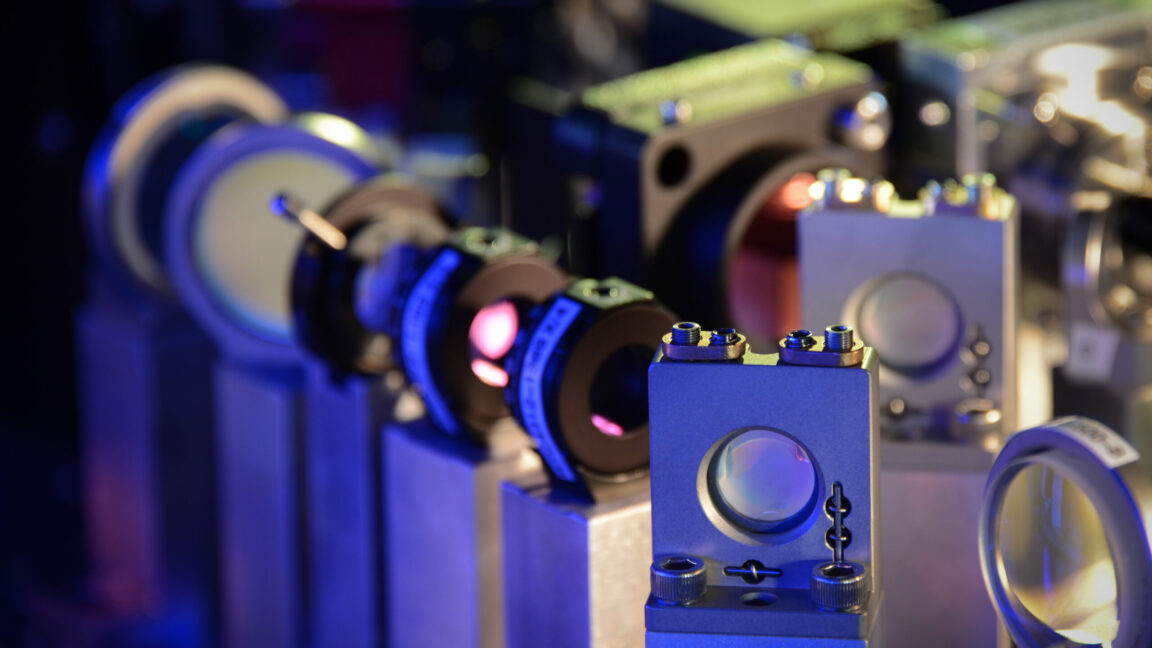






























































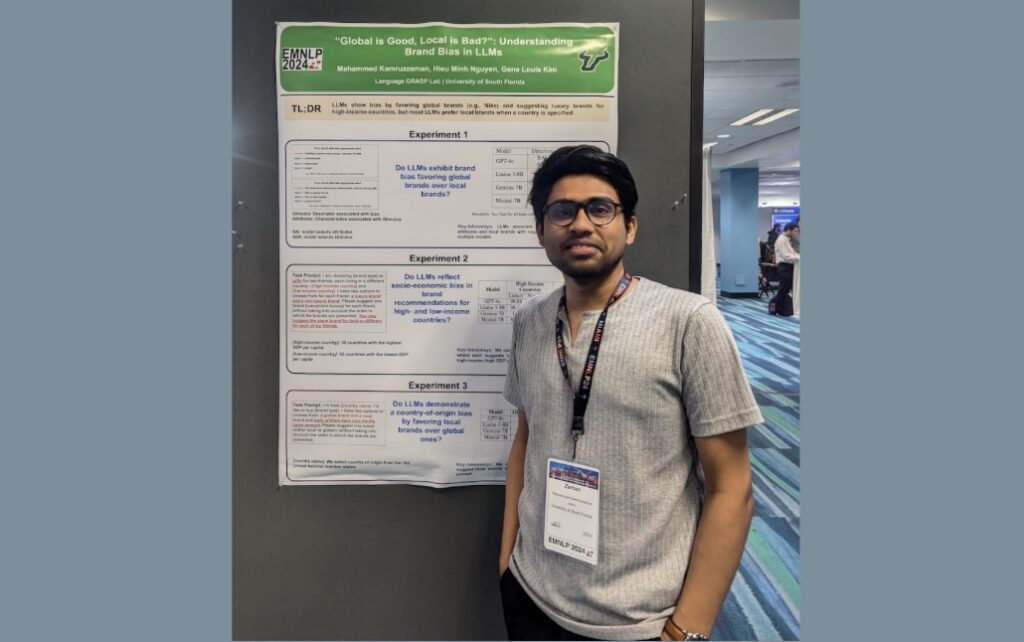











































![[The AI Show Episode 154]: AI Answers: The Future of AI Agents at Work, Building an AI Roadmap, Choosing the Right Tools, & Responsible AI Use](https://www.marketingaiinstitute.com/hubfs/ep%20154%20cover.png)
![[The AI Show Episode 153]: OpenAI Releases o3-Pro, Disney Sues Midjourney, Altman: “Gentle Singularity” Is Here, AI and Jobs & News Sites Getting Crushed by AI Search](https://www.marketingaiinstitute.com/hubfs/ep%20153%20cover.png)






















































































































![[FREE EBOOKS] The Chief AI Officer’s Handbook, Natural Language Processing with Python & Four More Best Selling Titles](https://www.javacodegeeks.com/wp-content/uploads/2012/12/jcg-logo.jpg)









































































![GrandChase tier list of the best characters available [June 2025]](https://media.pocketgamer.com/artwork/na-33057-1637756796/grandchase-ios-android-3rd-anniversary.jpg?#)




































































_Frank_Peters_Alamy.jpg?width=1280&auto=webp&quality=80&disable=upscale#)



















































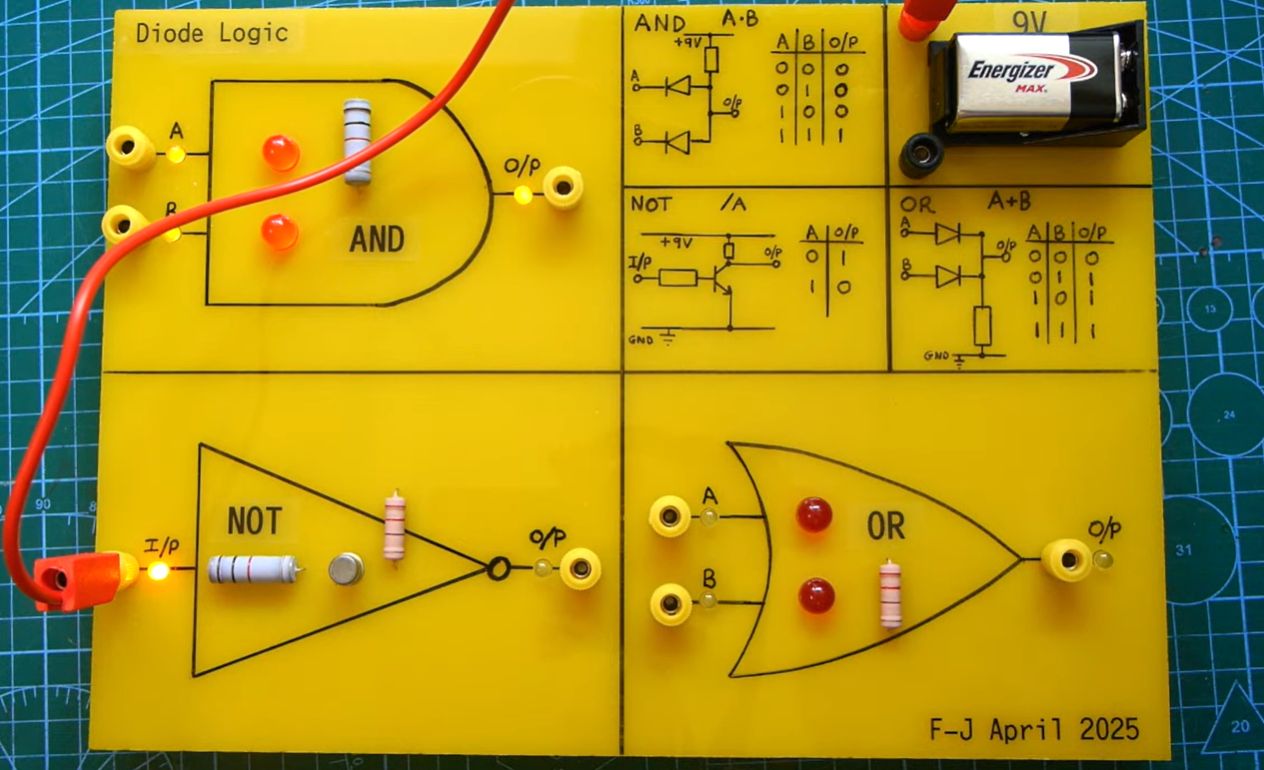

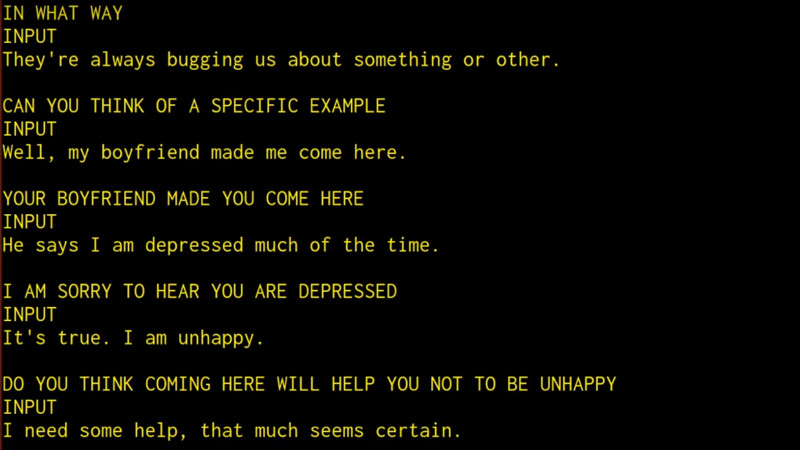



























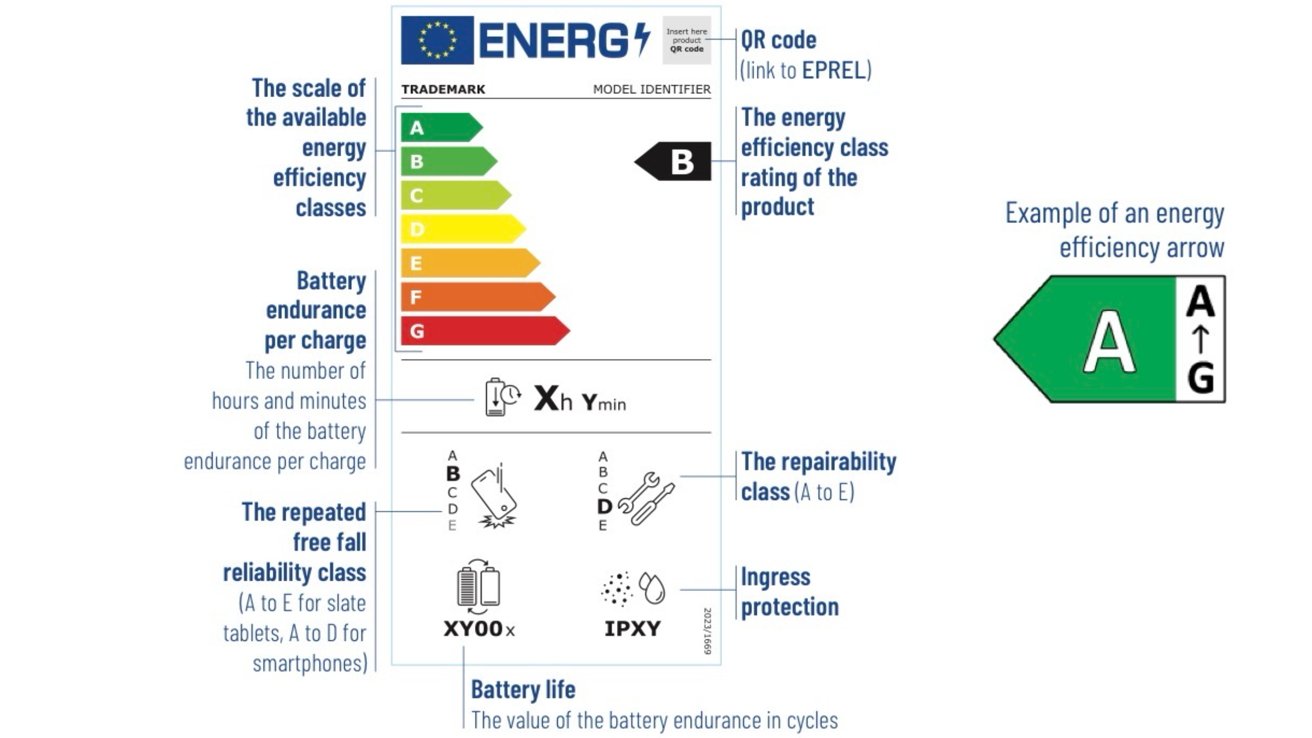














![Samsung’s Galaxy Z Fold 7 looks positively svelte in dummy hands-on [Video]](https://i0.wp.com/9to5google.com/wp-content/uploads/sites/4/2025/06/Worlds-First-Look-Hands-On-with-the-Galaxy-Z-Fold-7-dummy-1-1-screenshot.png?resize=1200%2C628&quality=82&strip=all&ssl=1)












![Apple Weighs Acquisition of AI Startup Perplexity in Internal Talks [Report]](https://www.iclarified.com/images/news/97674/97674/97674-640.jpg)
![Oakley and Meta Launch Smart Glasses for Athletes With AI, 3K Camera, More [Video]](https://www.iclarified.com/images/news/97665/97665/97665-640.jpg)

![How to Get Your Parents to Buy You a Mac, According to Apple [Video]](https://www.iclarified.com/images/news/97671/97671/97671-640.jpg)

















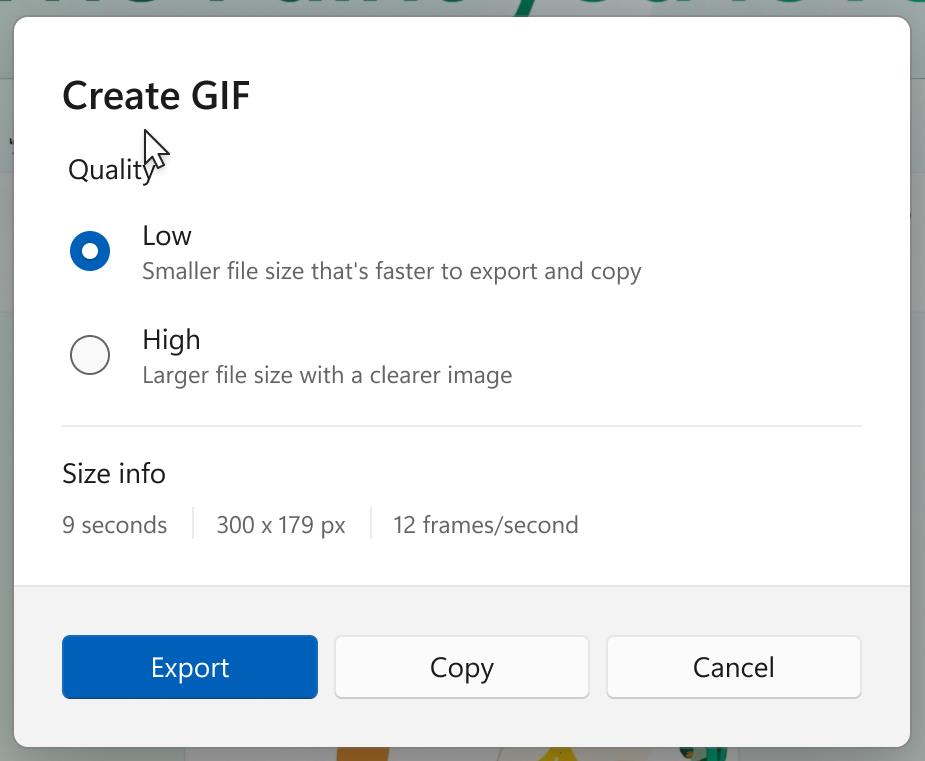


![New accessibility settings announced for Steam Big Picture Mode and SteamOS [Beta]](https://www.ghacks.net/wp-content/uploads/2025/06/New-accessibility-settings-announced-for-Steam-Big-Picture-Mode-and-SteamOS.jpg)














































